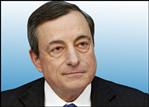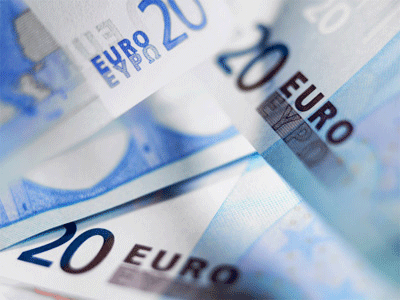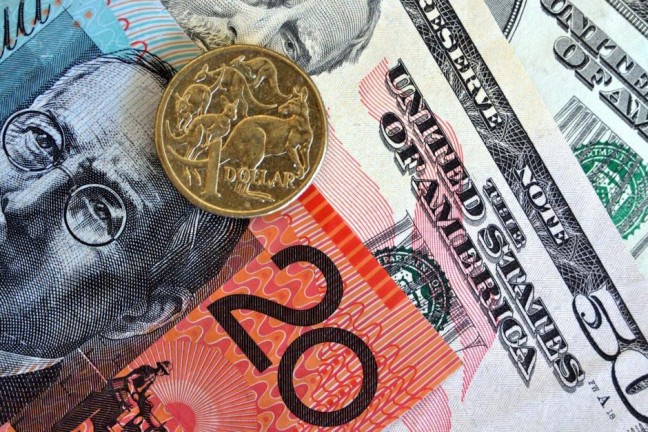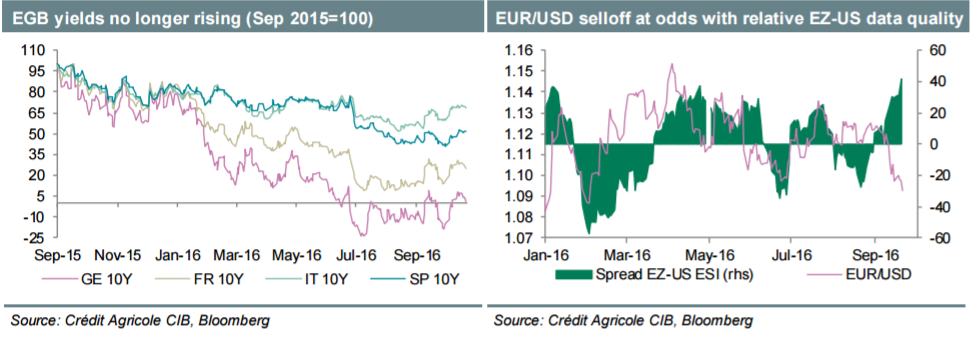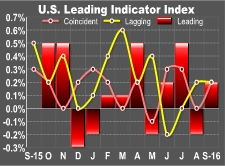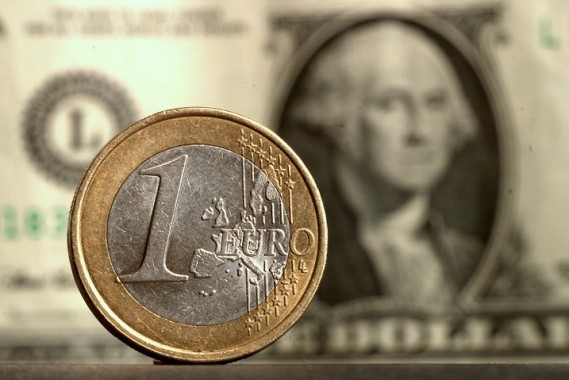European Central Bank President Mario Draghi ruled out any discussion of 'tapering' among policymakers in the latest rate-setting session, but added that it was unlikely that asset purchases would have an abrupt end, signaling that they may be extended beyond March 2017.
"We did not discuss tapering or the intended asset purchase horizon," Draghi said in response to questions from reporters during the post-decision press conference in Frankfurt. There will not be a sudden stop once the bank decided to end the programme, he said.
That said, Draghi stressed that extraordinary monetary support cannot be in place forever, but he found it unlikely that the bank's asset purchases would come to an abrupt end, suggesting they would be wound down or tapered first.
Many economists have started to suggest that the bank would opt to scale down its asset buys after March next year or return the scheme to its original size of EUR 60 billion monthly purchases. The size was boosted by EUR 20 billion in March this year.
For now, economists expect the bank to extend stimulus by at least six months in its December 8 policy meeting.
Draghi said policymakers would consider the work of committees' that were tasked with exploring stimulus options. Their reports would only be one of the inputs and the Governing Council remained the ultimate decision-maker, he asserted.
Policymakers would also be presented with the latest set of ECB Staff macroeconomic projections in December.
"Our December decisions will tell you what we are going to do in the coming months," Draghi told reporters.
But, Draghi gave little hints on what to be expected in December.
Though the data available since September have shown the resilience of the euro area economy to adverse effects of global economic and political uncertainty, the outlook remains subject to downside risks, Draghi said in his introductory statement.
"Looking ahead, we remain committed to preserving the very substantial degree of monetary accommodation which is necessary to secure a sustained convergence of inflation towards levels below, but close to, 2 percent over the medium term," Draghi said.
"To that end, we will continue to act, if warranted, by using all the instruments available within our mandate."
There are no signs yet of a convincing upward trend in underlying inflation, Draghi said. The ECB expects inflation rates to pick up over the next couple of months, in large part owing to base effects in the annual rate of change of energy prices.
The ECB Chief pointed out that low interest rates work and the monetary policy measures in place since June 2014 are significantly supporting borrowing conditions for firms and households.
Reiterating his call for support from other policy areas, Draghi said the implementation of structural reforms needs to be substantially stepped up to reduce structural unemployment and boost potential output growth.
"In an environment of accommodative monetary policy, the swift and effective implementation of structural reforms will not only lead to higher sustainable economic growth in the euro area but will also make the euro area more resilient to global shocks," he said.
Quizzed regarding concerns over a scarcity of bonds, Draghi said that was not an issue now and the bond purchase programme was running smoothly. He also said that the corporate bond purchase programme was a success beyond the bank's expectations.
Policymakers were monitoring financial stability risks and no systemic bubble have been noticed, he added.
by RTT Staff Writer
For comments and feedback: editorial@rttnews.com
Business News
